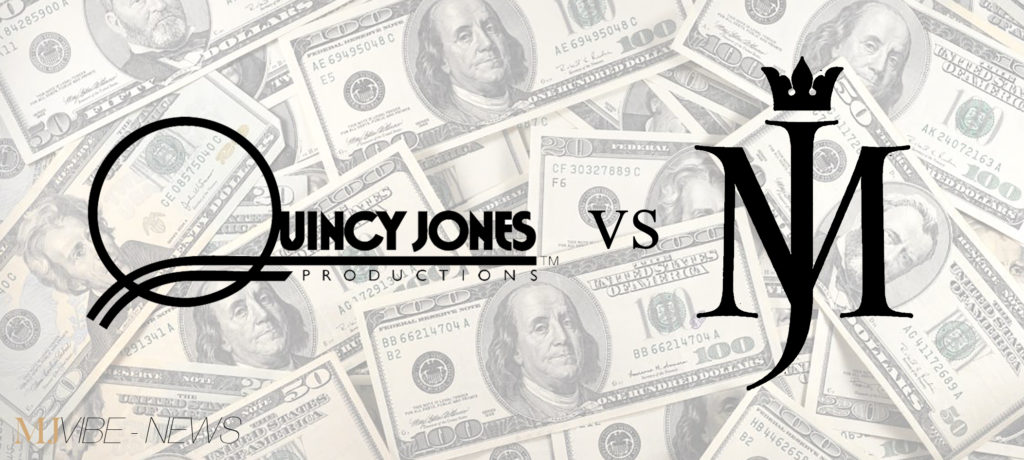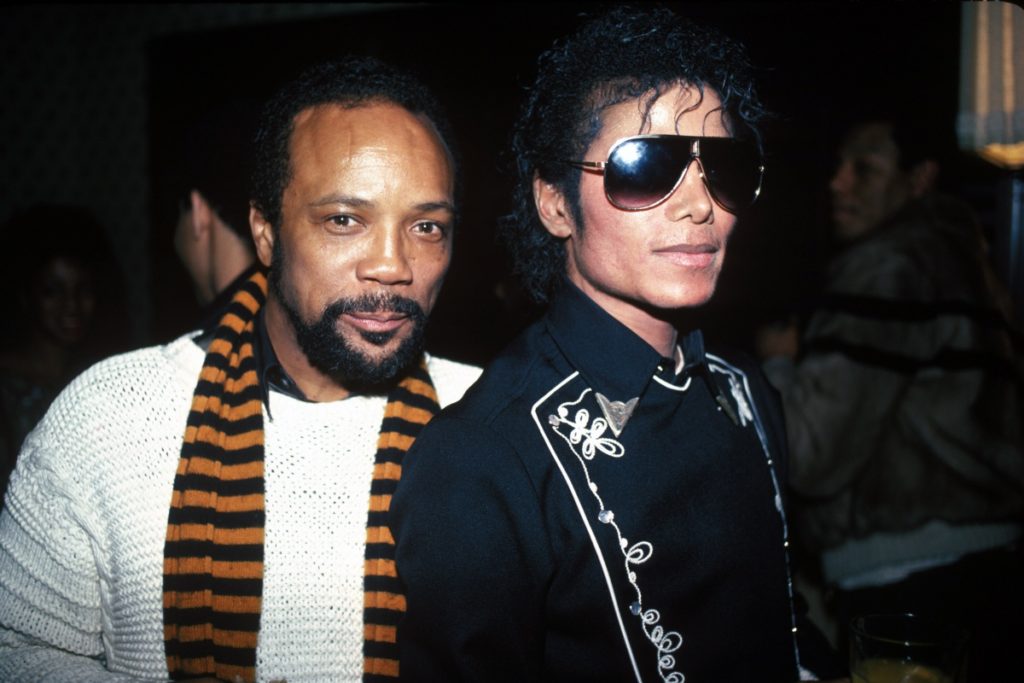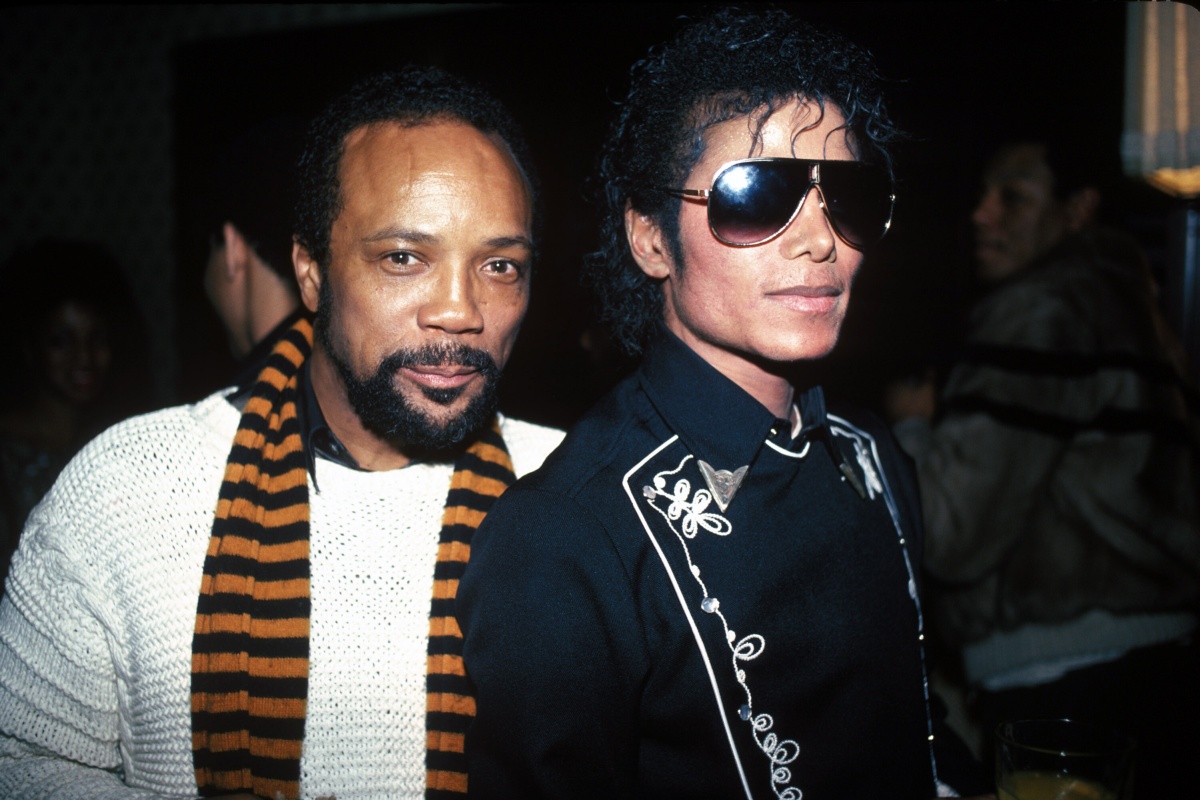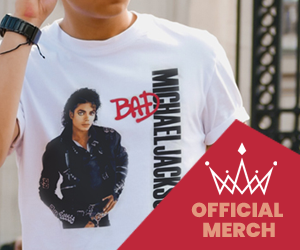
A California jury on Wednesday ordered Michael Jackson’s production company to pay mega-producer Quincy Jones more than $9.4 million in royalty damages for his work on the blockbuster albums “Thriller,” Bad” and “Off the Wall,” agreeing that the company shorted him while declining to award the full $30 million Jones sought.
The jury of 10 women and two men deliberated for more than two days before reaching its verdict, following a nearly two-week trial. The Rock & Roll Hall of Fame producer filed suit in 2013, saying the company controlled by Jackson’s estate had breached long-standing contracts after the singer’s death, when interest in the King of Pop’s music surged.
The money sought by Jones included revenue from a profit-sharing deal Jackson reached with record label Sony Music Entertainment, the posthumous documentary “This Is It,” and two Cirque du Soleil shows featuring videos of Jackson and his music. Jones also claimed that remixes of the hit songs he produced were done without his involvement, in violation of his contract.
In its decision Wednesday, the jury awarded no additional money to Jones for the Cirque du Soleil shows, seemingly siding with MJJ Productions Inc.’s argument that the live productions didn’t qualify under the contract as a “video show.”
An attorney for Jones, Mike McKool of McKool Smith PC, said he was pleased that the jury found Jones was underpaid.
“The verdict found liability on almost all of the items,” McKool said. “It’s considerably less than the $30 million, obviously, and that’s disappointing, but we feel good about the liability finding.”
An attorney for MJJP, Howard Weitzman of Kinsella Weitzman Iser Kump & Aldisert LLP, also expressed disappointment in the jury’s verdict.
“Even though this is $20 million less than he asked for, [it’s] kind of unfortunate,” Weitzman said. “I understand it could have been much worse, they were asking for $30 million, but we’re still disappointed.”
The 84-year-old Jones, who was brought into court each day in a wheelchair, did not make any comment to reporters after the jury verdict was announced. A prepared statement was later released.
“As an artist, maintaining the vision and integrity of one’s creation is of paramount importance. I, along with the team I assembled with Michael, took great care and purpose in creating these albums, and it has always given me a great sense of pride and comfort that three decades after they were originally recorded, these songs are still being played in every corner of the world,” the statement read.
“This lawsuit was never about Michael, it was about protecting the integrity of the work we all did in the recording studio and the legacy of what we created,” Jones said. “Although this judgement is not the full amount that I was seeking, I am very grateful that the jury decided in our favor in this matter. I view it not only as a victory for myself personally, but for artists’ rights overall.”
During closing arguments Monday, attorneys for Jones asked the jury to focus on the relationship between Jones and Jackson, and underscored a jury instruction stating that in interpreting contract terms, the jury “may consider how the parties acted after the contract was created but before any disagreement between the parties arose.”
“At the fundamental level, this case is about two men, Quincy Jones and Michael Jackson, and the landmark music they created,” Jones’ attorney Scott Cole of McKool Smith told jurors. “The music that remains the most loved and most popular ever created.”
Cole told jurors that Jones produced the hit albums under a deal with Jackson that allowed the producer’s royalty portion to rise and fall with the singer’s. Attorneys for the defendant are relying on “word games and loopholes” to get out of that deal, the attorney said.

In contrast, attorneys for MJJ Productions, a production company started by Michael Jackson that’s now controlled by the late singer’s estate, painted the suit as a money grab by Jones after Jackson’s death.
Since Jackson’s death, Jones has been paid $18 million, Zia F. Modabber of Katten Muchin Rosenman LLP said.
“This is the bucket of claims based on tortured and self-serving readings of standard industry contracts,” Modabber said. “And a grab for money that Mr. Jones is just not entitled to.”
Howard Weitzman of Kinsella Weitzman Iser Kump & Aldisert LLP also took on a portion of the defense team’s closing argument, and a crack at Cole’s opening statement.
“Quincy Jones was not Michael Jackson’s partner, he was hired by Michael,” Weitzman said. “Now, pretty good on Michael and doggone good on Mr. Jones. As Quincy Jones told you, it was a great collaboration, that we all benefited by. The music still lives today. … Quincy Jones helped create it, but he couldn’t have done it without Michael Jackson.”
On July 20, Jones was the final witness to take the stand, saying he was “cheated out of a lot of money” after Jackson’s death by MJJ Productions.
The jury foreman, Duy Nguyen, told Law360 that sifting through pages of contracts that went back several decades was “kind of confusing,” but said he found the case interesting.
A visual effects artist, Nguyen said he was a fan of Jackson’s music, but having Jones in the courtroom made the producer’s arguments more compelling. And he couldn’t help but look at the case through the lens of an artist.
“I’m a below-the-line kind of person,” Nguyen said. “I like seeing artists who are due get what they are owed.”
MJJ Productions Inc. is represented by Tami Kameda Sims and Zia F. Modabber of Katten Muchin Rosenman LLP, and Howard Weitzman and Jonathan Steinsapir of Kinsella Weitzman Iser Kump & Aldisert LLP.
Quincy Jones is represented by Mike McKool, J. Michael Hennigan, Robert E. Allen, Scott L. Cole and Caroline M. Walters of McKool Smith PC, and Henry Gradstein and Maryann R. Marzano of Gradstein & Marzano PC.
The case is Quincy Jones et al. v. MJJ Productions Inc. et al., case number BC525803, in the Superior Court of the State of California, County of Los Angeles.
Statement from Howard Weitzman and Zia Modabber, attorneys for The Estate of Michael Jackson:
While the jury denied Quincy Jones $21 million – or more than two-thirds of what he demanded — from The Estate of Michael Jackson, we still believe that giving him millions of dollars that he has no right to receive under his contracts is wrong. This would reinterpret the legal language in, and effectively rewrite, contracts that Mr. Jones lived under for more than three decades, admitted he never read, referred to as “contract, montract,” and told the jurors he didn’t “give a damn” about. Any amount above and beyond what is called for in his contracts is too much and unfair to Michael’s heirs. Although Mr. Jones is portraying this is a victory for artists’ rights, the real artist is Michael Jackson and it is his money Mr. Jones is seeking.
SOURCE: Law360





Howard Weitzman needs to take a long hard look in the mirror….
[…] July – The judge rules in favour of Quincy Jones in the long-running lawsuit against the Estate. Jones is awarded $9.4 million and makes it clear that “This lawsuit was never about Michael, it was about protecting the integrity of the work we all did in the recording studio and the legacy of what we created.” […]